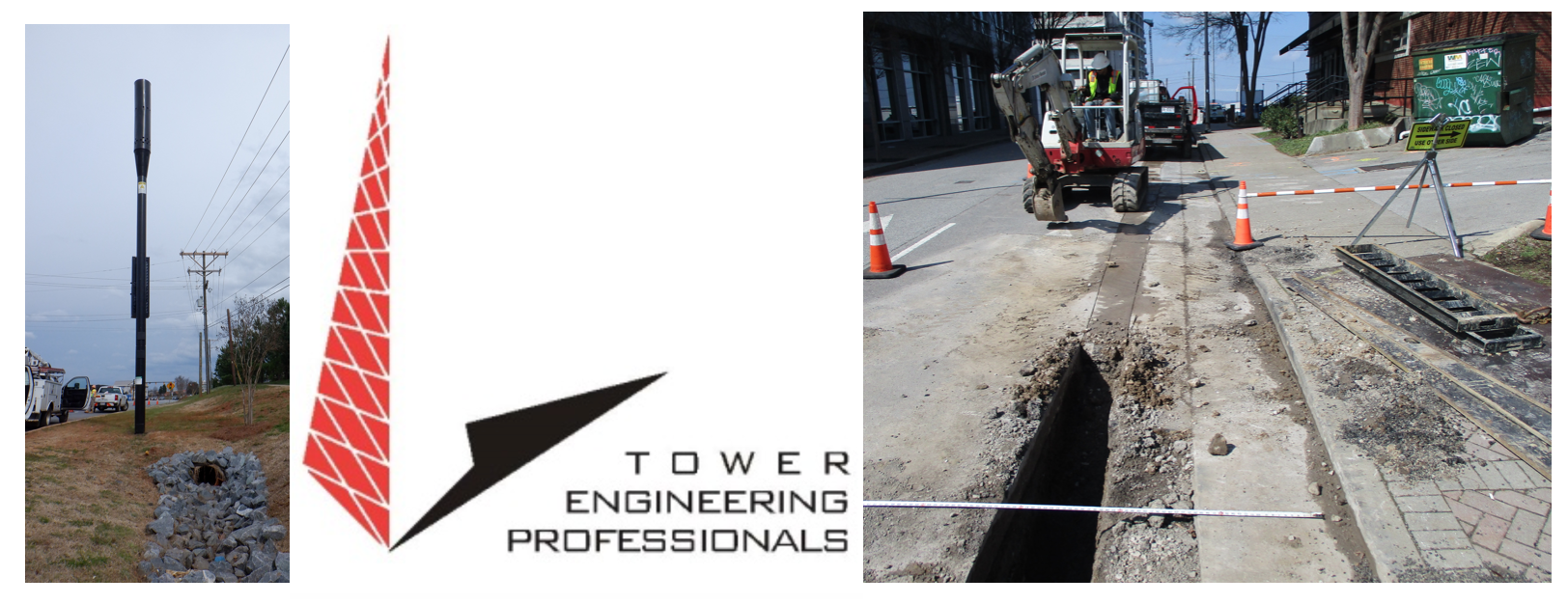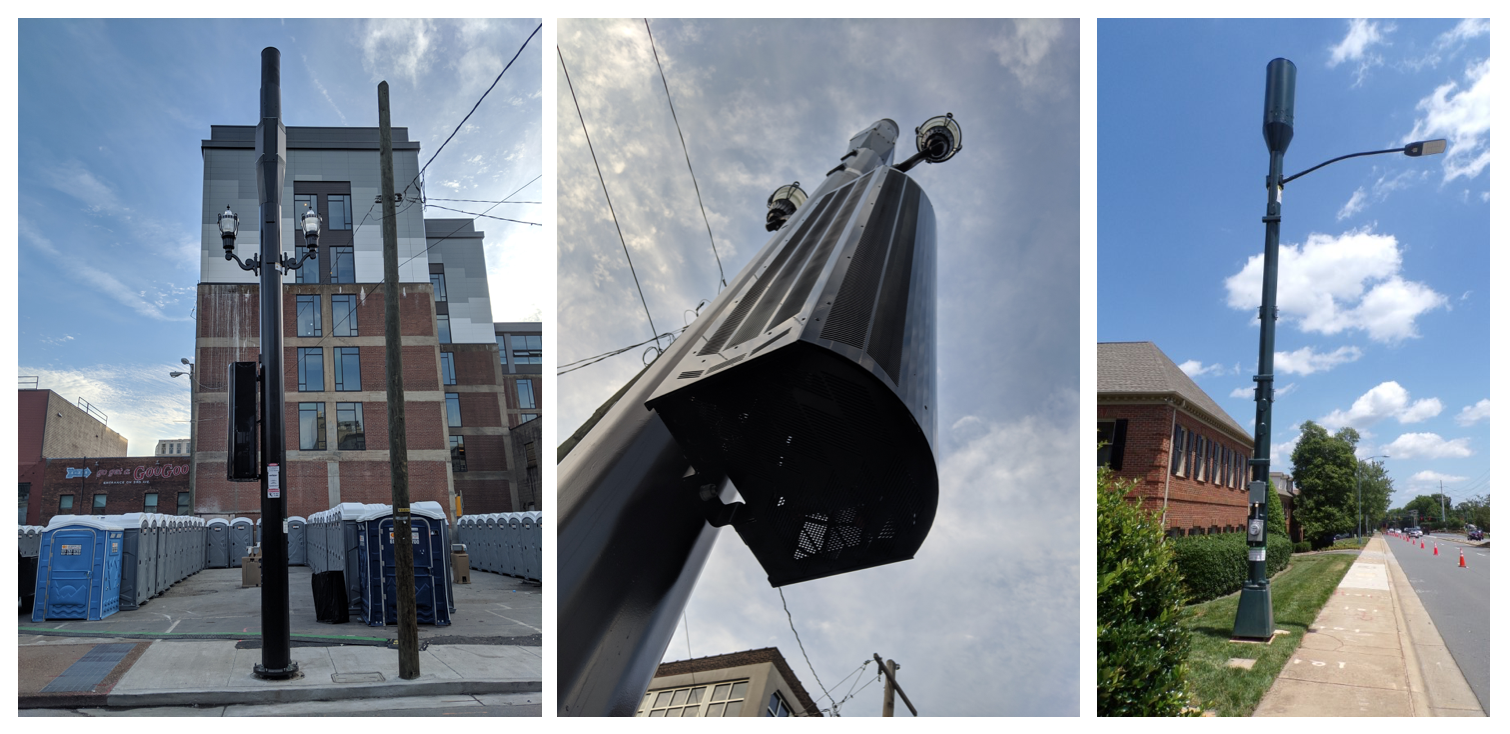Tower Engineering Professionals (TEP) has reached new heights. From humble beginnings in 1997 with only two tower-climbing engineers, TEP now employs over 750 professionals and has worked on more than 67,000 towers across North America.
Because of its extensive expertise in site acquisition, engineering, regulatory compliance, fiber, construction, and land surveying, TEP is trusted by carriers to rapidly respond to complex DAS and small cell deployments.
“Our collective and broad experience in managing all aspects of DAS and small cell deployments gives us an advantage over other firms who lack the same level of service and expertise we offer our clients,” said Scott Brantley, Director of Civil Engineering. “Our teams understand the right-of-way development process and are able to align all of the pieces – node selection, utility, fiber – that provide a roadmap for successful deployment.”
Referring to work currently underway in California, Texas, Tennessee, Florida and the Carolinas, Brantley noted the challenges that are typical with right-of-way development. Jurisdictional complexities hinder the process of site selection and getting nodes on air. Utility delays often complicate power delivery – overhead or underground. “Where are the meeting points? Are we taking power to the utility provider? What are the applications and permits needed related to power delivery? Is this power solution economically feasible?” Brantley asked rhetorically.
The solution? “We’ve been doing this for a long time, but it’s new for municipalities. So, we let them know that we are not coming into their city as outsiders, but rather as partners for the long term and we have their best interest in mind,” said Nelson Dillow, TEP Design Build Division Manager. “We also educate them and help them as well as their residents, understand not just the complexities, but also the end result.”
Workforce education is equally important to TEP. Creating a reliable team, well-versed in all aspects of the industry, particularly in newer sectors likes small cells, ensures successful projects and instills confidence in customers.
“We do cross training to give employees the ability to train in different divisions. Knowledge is important so they can understand the bigger picture. We’re doing that right now in our small cell initiative,” Dillow says. “That’s how they gain hands-on knowledge.”
TEP understands the rapid pace, intricacies, and obstacles inherent in all types of wireless projects. They use that understanding to clear the path for positive results.
“We want to be a good partner for our clients. We do that by investing in our geographical footprint and workforce development. If our client has a need, we will find a way to get it implemented,” said Brantley. “We’re currently developing a training program in North Carolina – competent rigging, tower climbing, etc – to train crews on all types of installations. This is critical for the safety and best practices of our teams.”

Headquartered in Raleigh, NC, TEP has branches strategically located in every region coast to coast and maintains professional and engineering licenses in all 50 States, all U.S. territories, Canada, Australia, Jamaica, Trinidad & Tobago, and Japan. For more information about TEP’s small cell services, check out a few of their featured products here. For general information, and to learn about partnering and working with TEP, visit their website here.





Reader Interactions